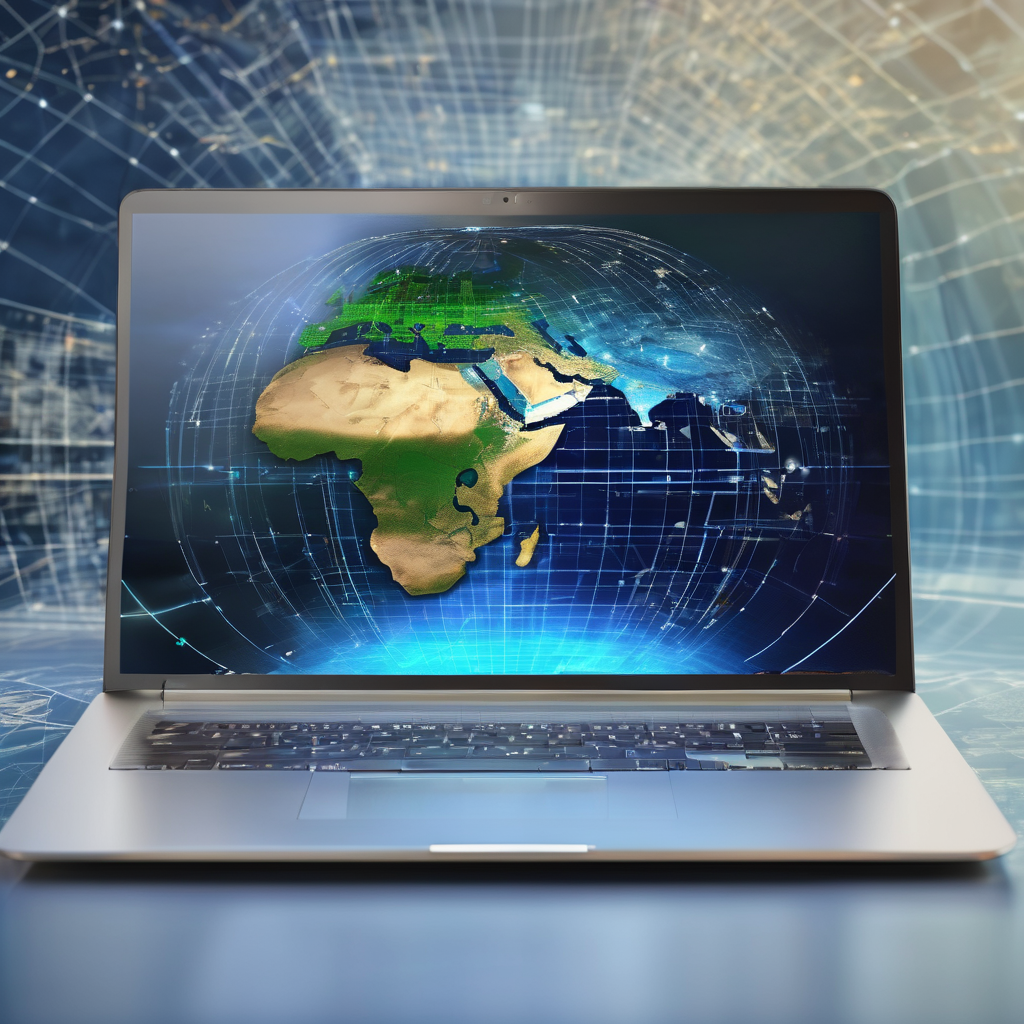Papua New Guinea has officially joined a collective of 65 nations that have signed the United Nations Convention Against Cybercrime, reflecting a crucial commitment to enhancing international collaboration in combatting the escalating issue of cybercrime. Acting Minister for Information and Communications Technology, Peter Tsiamalili Jr, emphasized the rapid growth of cybercrime, revealing that losses attributed to these threats are anticipated to exceed US$9.5 trillion (approximately K39.9 trillion) in 2024, with projections surpassing US$10.5 trillion (around K44.1 trillion) in 2025.
The signing ceremony took place on October 25 at the National Convention Centre in Hanoi, Vietnam, where Steven Matainaho, the Secretary for the Department of Information and Communications Technology, represented Papua New Guinea. He was joined by Oala Moi, the Chief Legal Officer of the National Information and Communications Technology Authority (Nicta).
Following recent Cabinet decisions aimed at ratifying international conventions addressing cybercrime, Papua New Guinea is paving the way among Pacific nations toward a framework designed to manage digital threats effectively. Next month, the country plans to deposit its accession instrument for the historic Budapest Convention on Cybercrime, which will further solidify its global stance on this critical issue.
By acceding to both the Hanoi Convention and the Budapest Convention, Papua New Guinea stands to gain robust foundations for enhanced cooperation, aligned legislation, and coordinated responses to various digital threats. Tsiamalili pointed out that the impact of cybercrime is profound, affecting citizens, economies, and governmental operations, thereby necessitating collaborative efforts to protect digital trust and security.
The government aims to work diligently with the United Nations and the Council of Europe to revamp and modernize its national laws and institutions pertinent to cybersecurity. This comprehensive approach will include updating the Cybercrime Code Act and the Electronic Transactions Act, along with the introduction of Digital ID and Data Protection legislation. Strengthening coordination between the department, Nicta, the police Cybercrime Unit, and other relevant agencies is also a significant priority.
In light of these proactive steps, Papua New Guinea’s aligned efforts with other Pacific nations, including recent advancements made by Fiji in cybersecurity measures, reflect a focused regional commitment to enhancing digital governance and safety. As these nations come together to share insights and strategies, there is an encouraging outlook for a more secure digital landscape across the Pacific, fostering resilience against the ever-evolving challenges posed by cyber threats.
